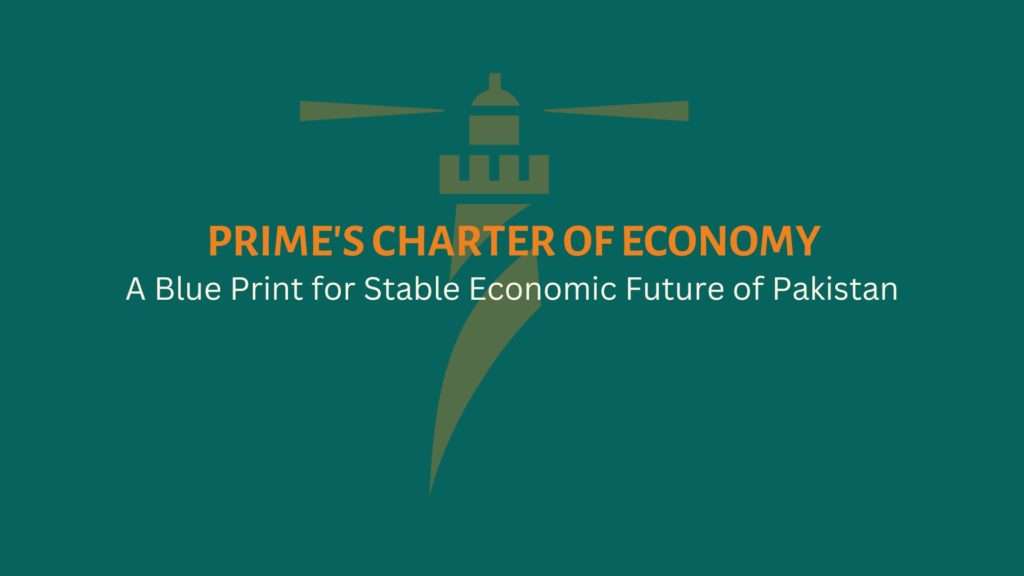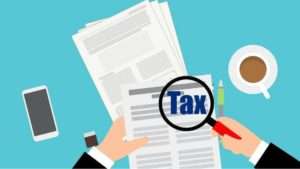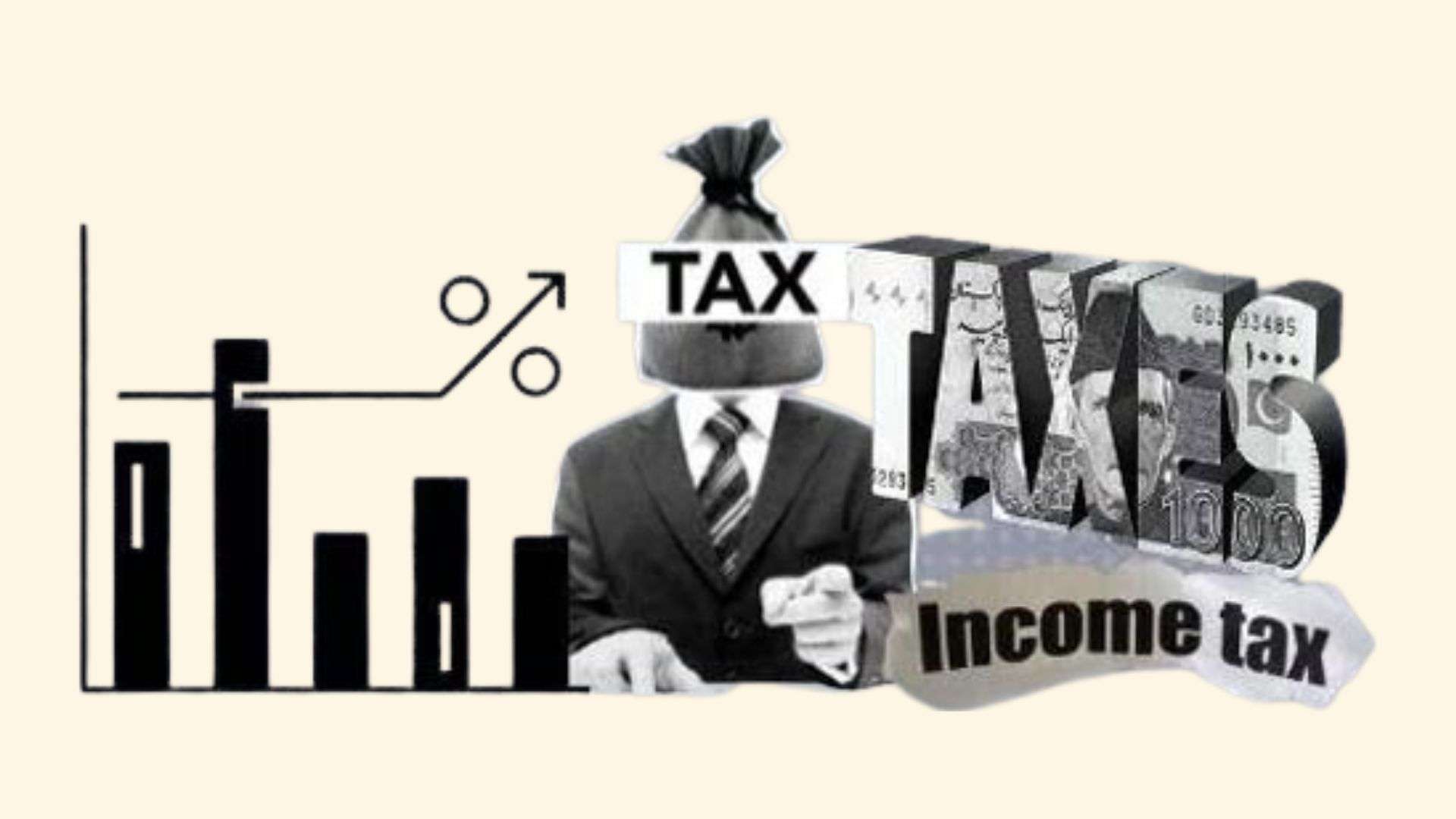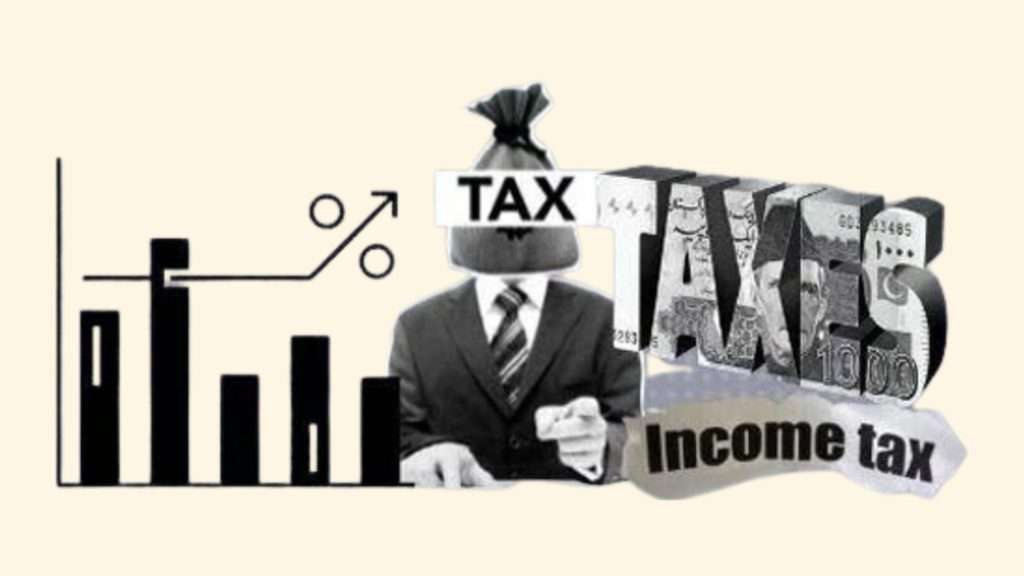Tim Hortons Vs Pakistan's intellectual elite
Most recently, Ms. Iqra Munawar, an associate of the Pakistan Institute of Development Economics (PIDE) wrote an article criticizing the culture of our people, basing it upon the long queues in front of Tim Horton in its opening week.
In her article, and keep in mind that this is written by a member of an elite economic policy institute, Ms. Iqra observes that Pakistanis are not as poor as we might think because they line up in queues when a new food franchise opens. She refers to this as Slavery to Western brands and a colonial syndrome.
She says that on one hand, people are dying due to lack of necessities, while other people are enjoying what may be considered expensive coffee. She goes on to say that the unequal distribution of wealth in the country is the cause of suffering and distribution for the poverty-stricken masses. She says that the rich are getting richer, and the poor are getting poorer, and Tim Horton is to blame.
Not so fast.
Banana Republic, Coffee Republic, Waghera, Waghera
Blaming bad culture, loose morals, and weak ethics have been a staple of economic thinkers from the Left. The scarcity of empiricism in an argument is usually dealt with through excessive emotion and the raising of one strawman after the other. Economists should keep to economics instead of becoming pseudo phycologists parading around in
the guise of an economist.
This country has a history of producing bad economists; economists who want to nationalize private industry, and those who wish to impose the countless taxes on income and wealth. When an economist does their job, the emergent systems are elegant and functional, not falling apart in their complexity.
Pakistan is not in the IMF program not because of the bad spending habits of the so-called elites. This credit goes to the bad fiscal management of the government of Pakistan. And while the government of Pakistan may not have a choice other than to pass on its burdens to its people, Ms. Iqra is under no such obligation.
My line is better than yours
Is a queue on the opening day of Tim Horton’s better, worse or the same as a queue in front of the Pakistan brand Khaddi in every seasonal sale? Or is the queue in front of Tim Horton’s better, worse, or the same as the queue in front of NADRA or the Passport office?
Any economist worth their salt would not equate inequality to poverty. That relationship simply does not exist. While a politically popular point, our economists (at least a vast majority of them) can be seen insisting that this is real economics. This is the same rhetoric that caused the rise and fall of so many socialist nations of the past.
There is no doubt that at present many people are struggling with inflationary pressures. But let us not forget that the source of this inflationary pressure is our expensive imports, and no one is to blame for this than our own government’s misguided economic policies. Many people have lost their jobs during this time, and previously during COVID because their employers have lost their businesses or have had to scale down. As best as I can tell, everyone is getting poorer.
To be fair, Tim Horton’s makes reasonably good coffee, an affordable option for most of the rest of the world. Now even if one puts aside the fact that the Lahore franchise of Tim Horton’s is owned by a Pakistani, it would be great if our economists can shed some light on local alternatives, substitutes, or replacements for it. I mean, we don’t grow coffee in Pakistan, we don’t have any significant domestic brands, and why would we when there is barely any mass culture for drinking it here?
The country is going bankrupt and kids are drinking Coffee
All the criticism over Tim Horton’s issue is basically directed toward youngsters and young adults from middle or upper-middle income families because these were most represented in those legendary queues.
These people are not the capitalist elite of this country. In a country where it is virtually impossible to do business, the only elite possible here is the political elite, and their close cousins, the intellectual elite. And trust me when I say that the halls of PIDE, and other government institutions including Aitchison, and IBA are full of the latter. And guess what, people stand in lines to get access to these institutions as well.
I wonder which line is superior and which is inferior. I wonder in what ways Pakistan’s bureaucratic culture or the culture of the socialist left offers better judgment than the many linguistic, regional, religious, and nationalistic cultures of our motherland.
Such rhetoric is offensive to the people of Pakistan, and outrightly dangerous social/ drawing room talking point.
The writer Syed Ali Ehsan is Program Director at PRIME








